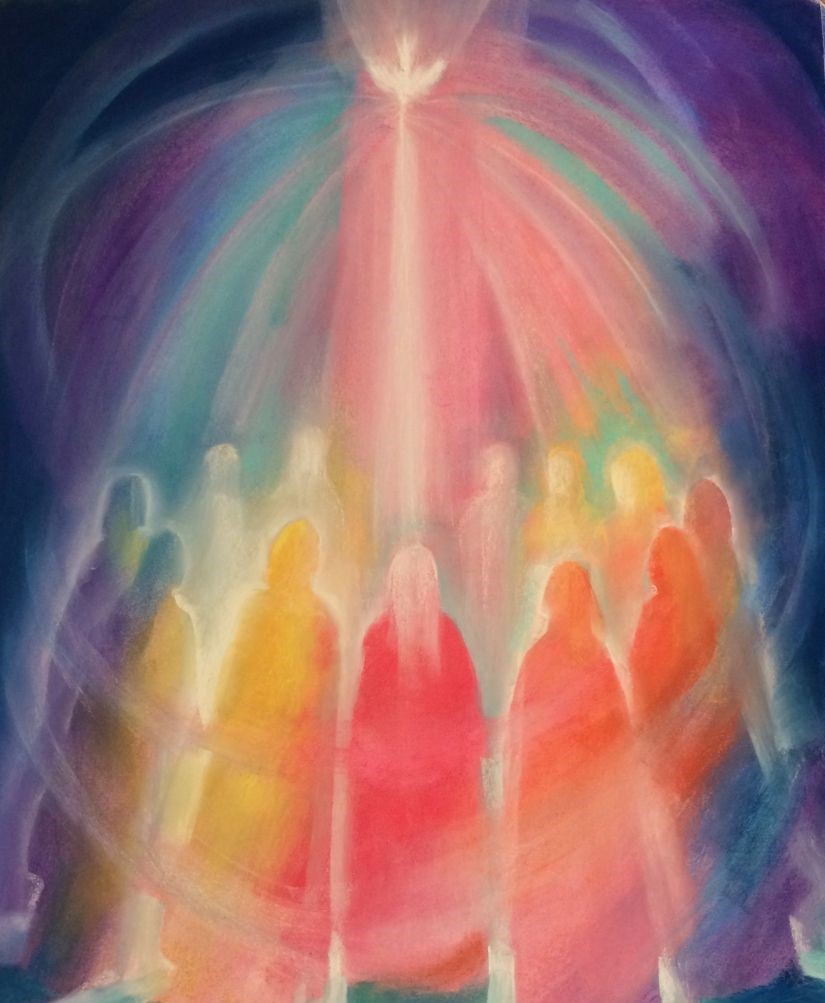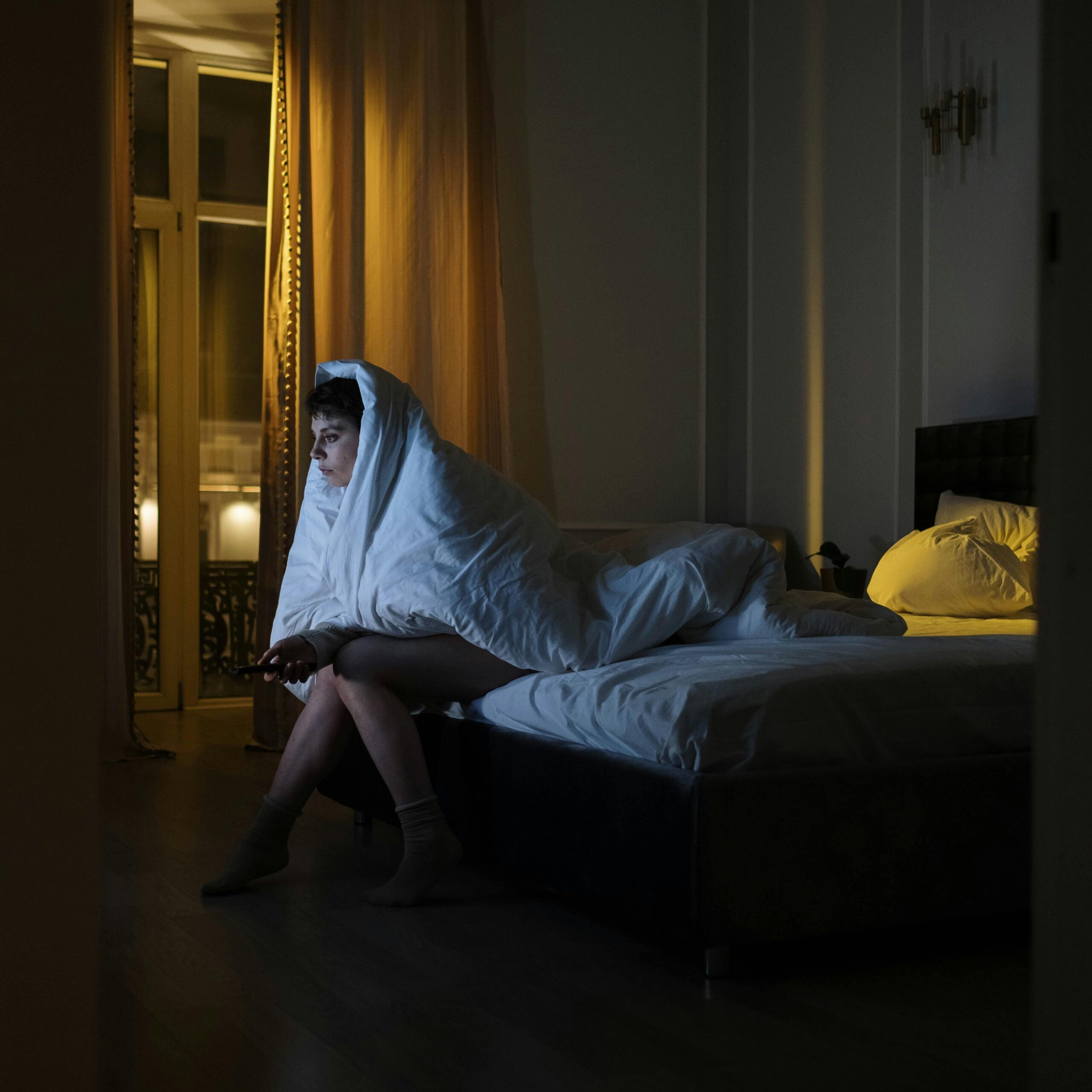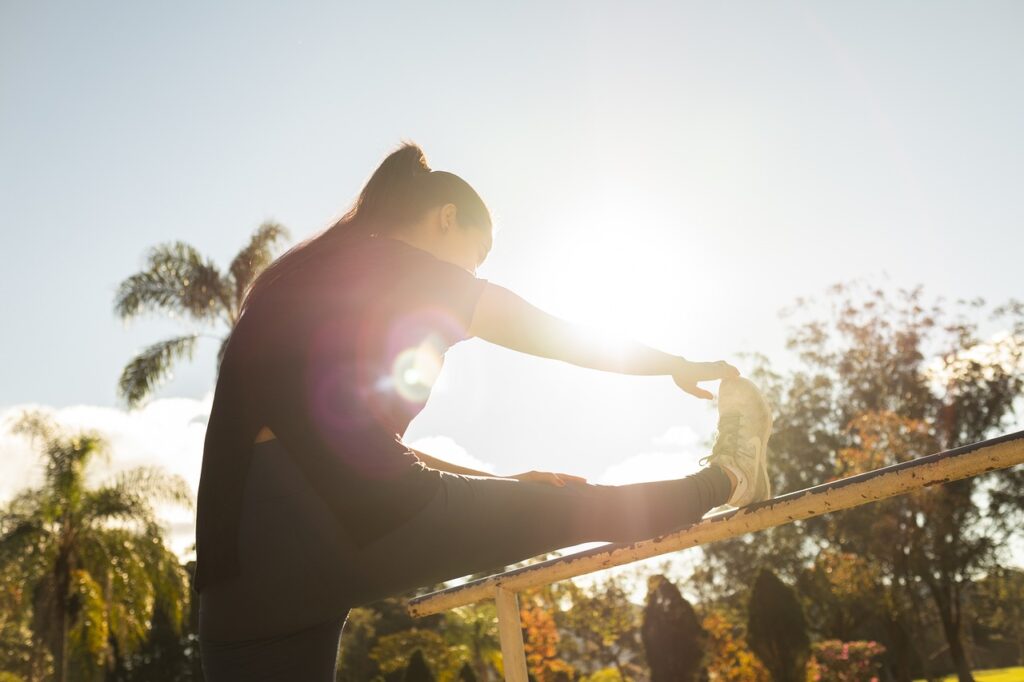by Dr. Daciana Iancu
Sleep is underrated in today’s culture. Why should we sleep when there are so many exciting things to do? We could work, play, watch movies, entertain, organize. The list goes on and on. The advent of electricity has made it possible for us to stay up longer and later.

Media has given us the opportunity to live many lifetimes in one. When life is exciting we want to stay up late so we can experience more of it. And when life is stressful, we want to stay up late in order to get more done at the end of the day, hoping that will ease our stress and help us feel better.

So why should we sleep?
Rudolf Steiner, the founder of Anthroposophic Medicine, talks about how when we go to sleep, a part of us, our spiritual side, lifts off and travels back to its home, where it communes with the spiritual beings. This allows this part of our being to refresh and regenerate, like a college student that comes home on break and has their parents cook, do laundry and pamper them with love. They feel nourished and refreshed before going back to college. (Granted, we are assuming that our spiritual family does not nag or criticize us, just accepts us unconditionally.) In the same way, our spiritual side gets to be taken care of, nourished and refreshed.

Meanwhile, the more physical aspect of us, our physical body, gets to rest and be nurtured also, because it is not being tapped and exhausted by all the work that the spirit pushes us to do.
It gets to lay back and chill…or sleep, literally.
During this time, a small part of our spirit stays behind and works deeply within our physical body, helping it heal and regenerate. Therefore, sleep is helpful to our spiritual side (the soul and the spirit) and our physical side (the physical body.)

But there are those of us who can’t sleep. Maybe we can’t fall asleep, or maybe we wake up in the middle of the night.
If we can’t fall asleep, we are usually too wired. Maybe we are wired and tired. We want to sleep, but our body and mind are protesting. We can’t let go. What can we do to help us fall asleep?
We can practice healthy sleep habits, like going to bed at the same time every night, avoiding blue light exposure from screens (and/or wearing blue light blocking glasses), being physically active during the day, limiting caffeine after 12 noon, taking a warm bath, etc.
These help, but often we need more. We need to start preparing for sleep as soon as we wake up.

First it is important that we are fully awake during the day. In order to fall asleep and let go, we must first be fully present in our bodies. Taking in the morning light and exercising outdoors is one of the most effective ways of doing this. Doing things that we are passionate and excited about is also helpful; these are activities that we want to be present for, that make us feel alive, that help us want to be present and conscious in our body!

Then, in the evening, we want to start to wind down early enough, not just right before bedtime: we should avoid watching news or stimulating entertainment and avoid having excitable conversations in the evening. We might want to drink some calming tea or take calming herbs early in the evening, hours before bedtime.
Some herbs and supplements that are helpful to help us fall asleep: valerian, passion flower, lemon balm, poppy, hops, and chamomile. One can easily find these in a tea at the grocery store: Yogi Teas and Traditional Medicinals have some wonderful sleep and calming teas that can be taken with dinner. For a stronger version of these, one can purchase a tincture from the local herbal shop or supplement store.
Then, with our bedtime routine, we want to incorporate some more relaxing rituals: take a warm bath with Epsom salts, lavender or chamomile. Do some gentle stretching exercises. Rub some Aurum Lavender Rose Cream on the chest.
Anthroposophic Remedies
Anthroposophic remedies that can be helpful for falling asleep: Avena Valeriana pellets, Avena Sativa and Bryophyllum conchae. The latter is especially helpful when one tends to sweat at night. A magnesium supplement, especially magnesium malate can also help, but make sure it does not cause diarrhea.
For those who are more excitable during the day and also happen to have cold feet in the evening, Rose Copper ointment on the calves and soles of the feet can be helpful. Warm feet are essential to a good night’s sleep; a hot water bottle could be a nice solution for those who run cold.
And if one has no trouble sleeping, but tends to wake up in the middle of the night, especially if they wake up between 3-4 am, one might need more support with the upbuilding functions of the body.
In Anthroposophic Medicine, 3-4 am is the time of the liver, the time for building proteins and regenerating cells. Avoiding alcohol and Tylenol, which are hard on the liver, can help. One could also take Hepatodoron or Fragaria Vitis at bedtime to help with the 3-4am awakening.
There are also wonderful massage-like body treatments in Anthroposophic Medicine: Rhythmical massage and Einreibung, which are performed by a specially trained massage therapist or nurse. These can be helpful in bringing in the necessary balance and relaxation to the body and soul to allow one to fall asleep and stay asleep throughout the night. Therapeutic Eurythmy, a form of movement done to the sound of language, can also provide the necessary balance required for healthy sleep.
Achieving a good night’s sleep is essential for our health and well-being. There are multiple Anthroposophic remedies and therapeutic modalities that can help one achieve good, restful sleep. It is most helpful if one can work with an Anthroposophic physician to see which of the remedies would be most appropriate for the individual.
Submitted by:
Daciana Iancu, MD About
Integrative, Anthroposophic and Internal Medicine
